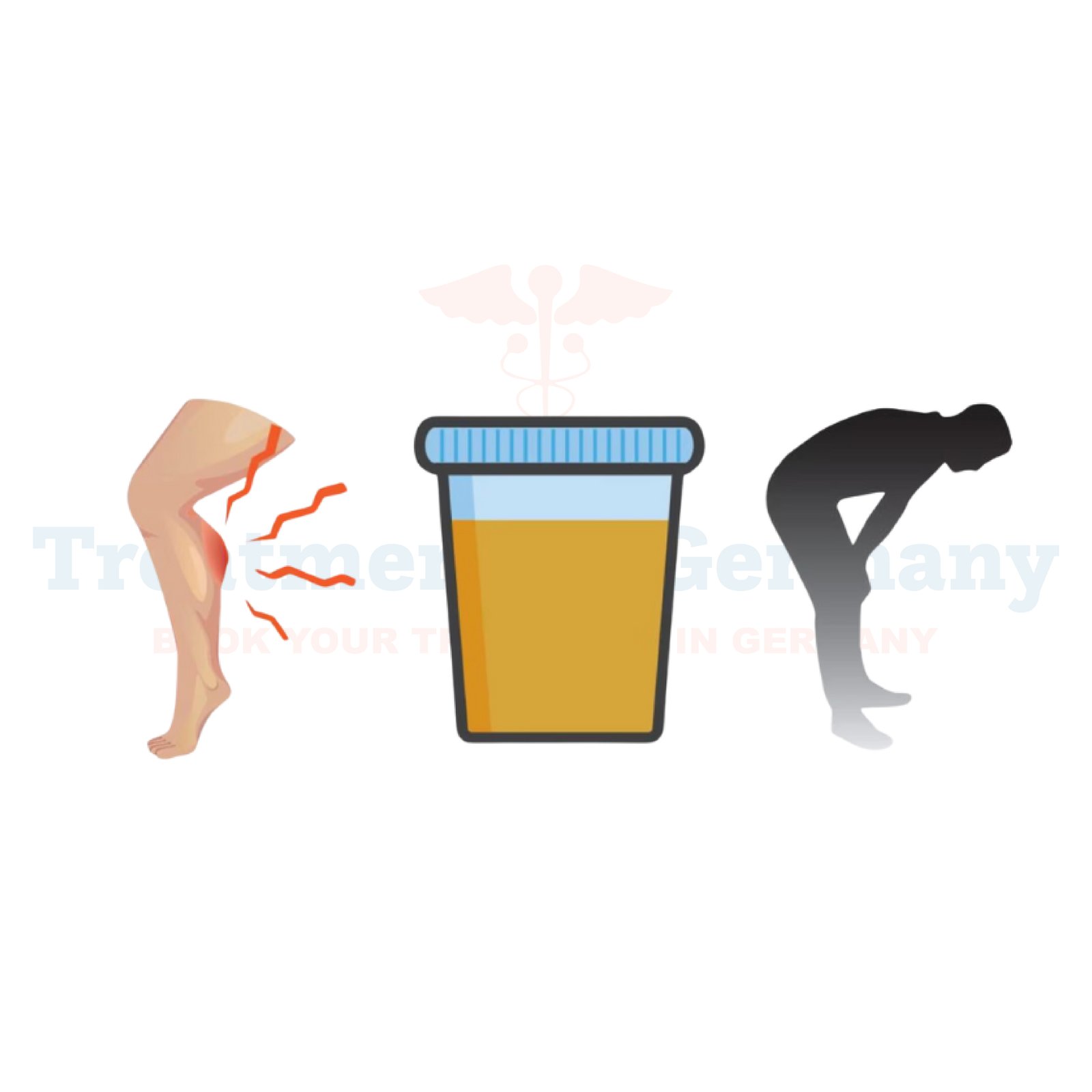What is Rhabdomyolysis:
Rhabdomyolysis is a serious medical condition characterized by the breakdown of muscle tissue, leading to the release of muscle fibers and their contents into the bloodstream.
This can result in harmful complications due to the release of substances such as myoglobin, potassium, and creatinine kinase into the blood, which can damage the kidneys and other organs if not promptly treated.
Side effects of Rhabdomyolysis:
The side effects of rhabdomyolysis can vary depending on the severity of the condition and the organs affected. Common symptoms include muscle pain, weakness, dark or cola-colored urine, decreased urine output, fatigue, nausea, and vomiting.
In severe cases, patients may experience acute kidney injury, electrolyte imbalances, and even life-threatening complications such as kidney failure or cardiac arrest.
How is Rhabdomyolysis diagnosed?:
Diagnosing rhabdomyolysis typically involves a combination of medical history review, physical examination, and laboratory tests. Doctors may inquire about recent physical exertion, trauma, medication use (such as statins or certain recreational drugs), or other factors that could contribute to muscle damage.
Blood tests are crucial for detecting elevated levels of muscle enzymes like creatine kinase (CK), myoglobin, and electrolytes. Additionally, urine tests may reveal the presence of myoglobin and other proteins indicative of muscle breakdown.
Potential treatments of Rhabdomyolysis:
Treatment for rhabdomyolysis aims to prevent further muscle damage, restore normal kidney function, and address any underlying causes or complications. In mild cases, patients may require supportive measures such as intravenous fluids to maintain hydration and flush out myoglobin from the kidneys. In more severe cases or those complicated by kidney injury, hospitalization and intensive care may be necessary.
Treatment may involve aggressive fluid replacement, electrolyte monitoring and correction, diuretics to enhance urine output, and measures to prevent complications like compartment syndrome. In cases where rhabdomyolysis is caused by medication or drug use, discontinuing the offending agent is essential.
👉 Contact us for further information and receive a complimentary consultation.


.webp)
 (1).webp)

.webp)
 (1).webp)


.webp)
 (1).webp)

.webp)
 (1).webp)
